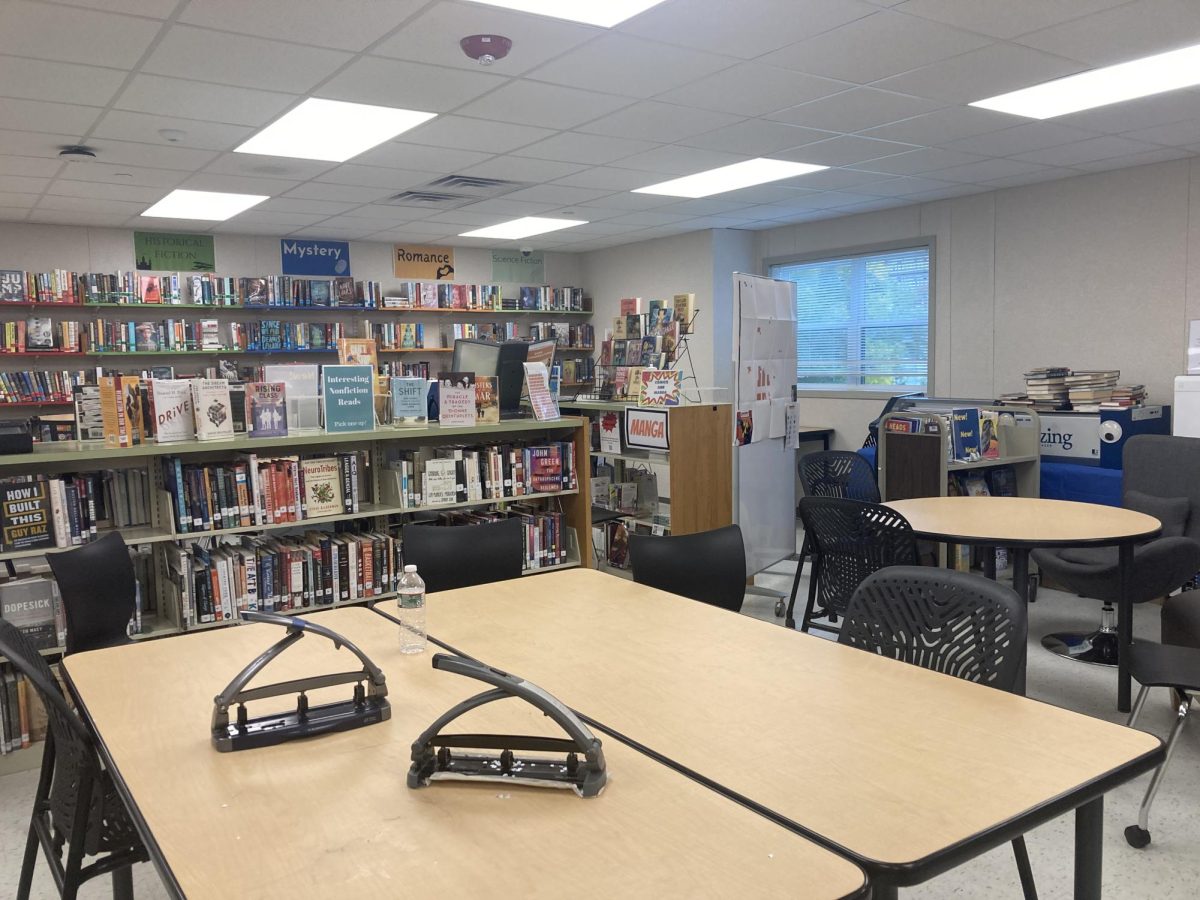There’s no cure for this, only acceptance
November 10, 2016
I wake up in the morning and I take my medications. It’s not just one either, I take six medications in the morning, and five at night, not including the medications I take for viruses (which I tend to get quite often), or the probiotics to repopulate my gut with bacteria, or the Tums I take with every meal.
I remember being a young girl and reading one of those trashy YA romance novels (this one was about time travel). The main character, a girl who could see ghosts, had stopped taking her medications because they made her into a “zombie”. For years, I thought medications were supposed to do that to you: strip away all that was unique about you and leave you as a shell that’s supposed to know how to function. Which, in reality, is exactly the opposite of how medications — at least my medications — work.
In all honesty, I feel like the medications I take aren’t the only part of me that have this big dark cloud of stigma around it. All the diseases and disorders I have — anxiety, depression, a uterine condition called endometriosis — aren’t supposed to be talked about. The word “uterus” itself is taboo. But taboo doesn’t help anyone.
And that sucks, because that means I can’t talk to anyone about it without being shot a pitying look, or making people extremely uncomfortable. We need to talk about things like this though, because endometriosis is something I didn’t understand what my condition was until just recently — for at least three years of my condition I didn’t know what it meant, and that’s a scary feeling. How could something so present in my life remain such a mystery?
Sometimes I look back, and see myself as a 14-year-old girl and begging — begging — my mother to let me have a hysterectomy because I was in so much pain, and maybe if I got rid of my stupid uterus, I wouldn’t have to deal with it anymore. But that’s not how it works — and of course it isn’t, because nothing can ever be that easy. Having a hysterectomy doesn’t cure endo.
And here’s the kicker, there is no cure for endo. There probably won’t be in my lifetime. But there are people — good, smart, kind people — who want to help, who want to make my life better. And it has been better, at least, since I’ve met these people.
I resent my endo. I wish it never existed. But I also know that I can’t change it, I can’t get rid of it. This disease has become a part of myself, and — for once in my life — I believe that’s OK.
–Nov. 10, 2016–





















Candace Miller • Nov 14, 2016 at 10:43 am
Dear Michaela,
Thank you for writing and sharing your experience. You are so right that you should be able to speak about your uterus and endo without stigma or fear, but with confidence and honesty. By sharing your story you help us understand your reality and you give us the words to be compassionate without pitying. I applaud your ability to write, function, and be a leader, despite that endo. Please, keep writing! And, if there are different or better ways that you think WPS could support our students, who manage similar health issues, please let us know. Best wishes, Candace
Aiden Carroll • Nov 10, 2016 at 6:34 am
This is such a beautiful story Michaela! Hang in there girl and stay strong! I’m so lucky that you are one of my closest friends!!